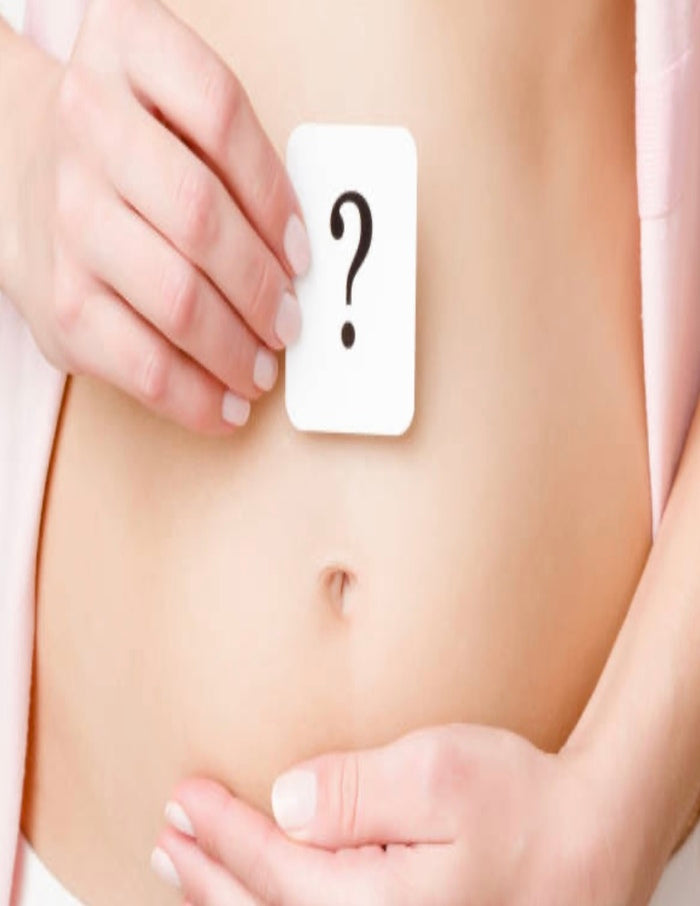What is Body positivity?
Body positivity is a social movement that aims to empower individuals to have a positive outlook on their body regardless of their size, age, race, gender, sexuality, physical ability, or ‘flaws’. It has given a platform to challenge conventional beauty and restructure people’s mindset about societal standards. It’s a movement that celebrates one’s self by helping them build confidence and acceptance.The movement often focusses on how mass media portrays and contributes to someone’s personal relationship with themselves. It acknowledges that representation in media influences one’s buying habits, physical and mental health.
How did it begin?
If you think body positivity is a concept that was birthed on social media over the recent years, you’re wrong. It was in 1960s New York, where a protest was led by a local radio host Lew Louderback and his wife Ann, to fight the discrimination against fat people in what they called ‘slim culture.’“There is something distinctly unhealthy, even sinister, in the anti-fat madness that has swept this country in recent years,” wrote Louderback in 1967, following which, the National Association to Advance Fat Acceptance (NAAFA) was born. Its aim is to fight discrimination based on body weight. Other organizations like Health at Every Size and The Body Positive were also founded for the cause. They were driven by changing laws, education, raising awareness and offering support.
Body positivity vs Neutrality
There has always been an on-going debate about what’s a healthy approach. Body positivity, what started out as a movement aiming to destroy the stigma and discrimination against fat people in society has now turned into a blanket statement to ‘love yourself’ and ‘self-care’. While this isn’t particularly a step in the wrong direction, it has once again muffled the voices of fat individuals and their struggles.Body Neutrality is an emerging movement that acknowledges that our body doesn’t need to be compared or upgraded in order to feel valued. It promotes the idea that how our body looks or functions, shouldn’t affect how we feel about it. In doing this, the movement follows a less blindly optimistic approach and is more inclusive in terms of one’s physical, mental attributes and abilities. One could argue that body positivity recently has been driven by aesthetics and condescendingly inclusive sales messages. But then aren’t we reducing women to their looks, again?
How can I practice healthy relationship with myself?
While bath bombs, scented candles, face masks are great. The work involved with practicing healthy relationship with oneself goes beyond the surface. It should have more to do with how you feel.Rather than validating your body and how it looks, shifting your focus from your body altogether opens your eyes to how it is not the only factor that should be weighed. “Your body is perfect the way it is,” is an umbrella statement that may ignore the struggles of a transgender person going through body dysmorphia.
Be it fairness cream ads, or diet plans that promise you will lose 5 kgs in a week, the problem isn’t if it works but why the need for that exists in the first place.
The journey of healthy relationship with your body should be health oriented. It’s important to remember that not every fat person is unhealthy. Environmental and emotional factors, genes, health conditions and medications play a huge role in how your body looks and functions. Merely holding every body at the same standard would mean ignorance to all the other factors involved.
The aim should be taking steps to stay healthy and be comfortable with who you are and not just what you look like.



